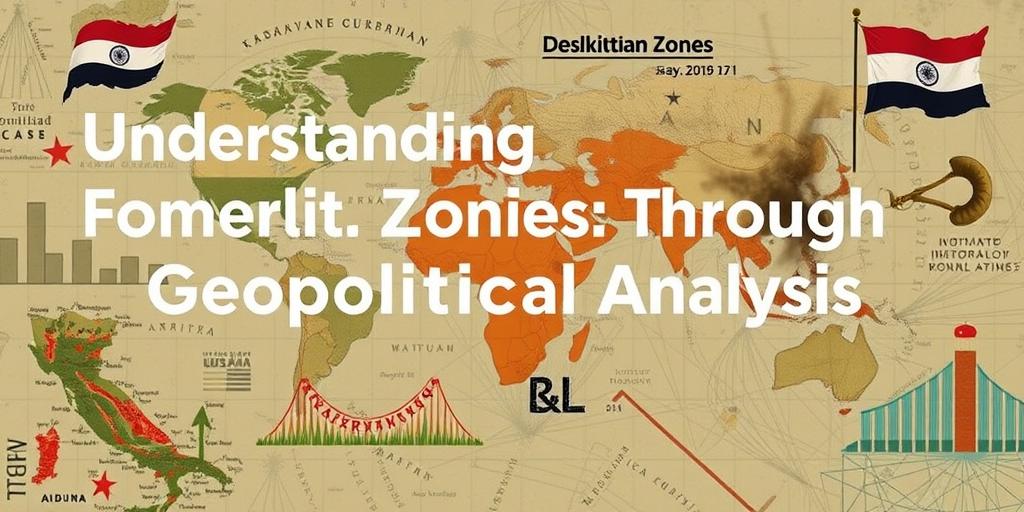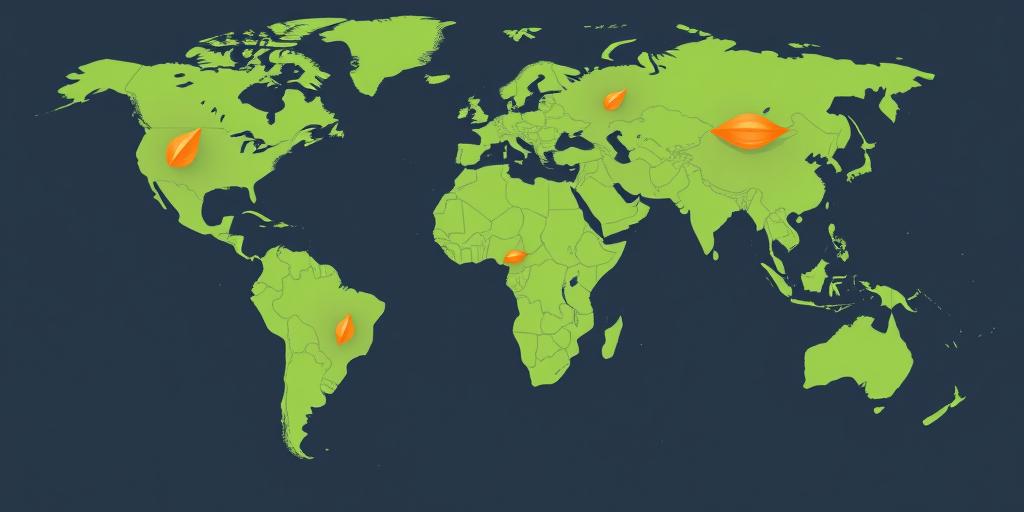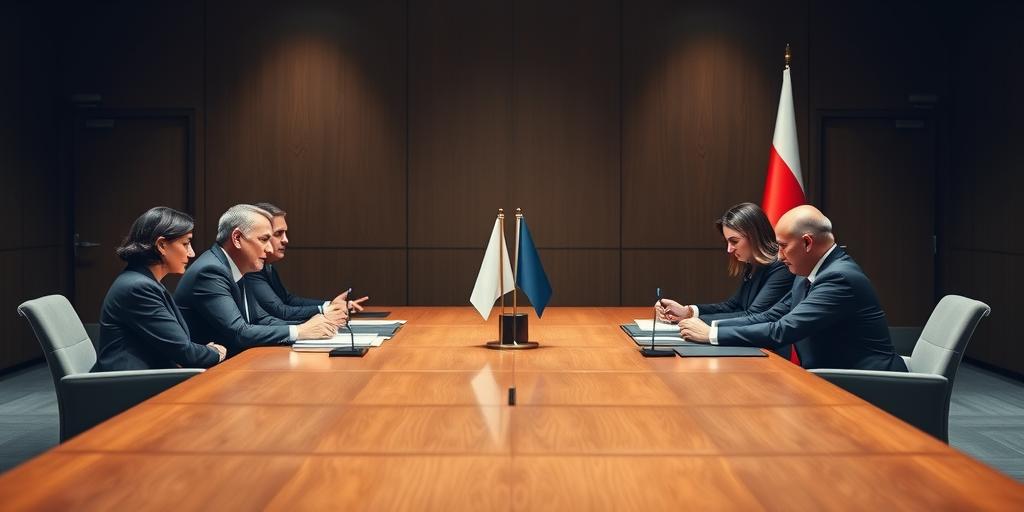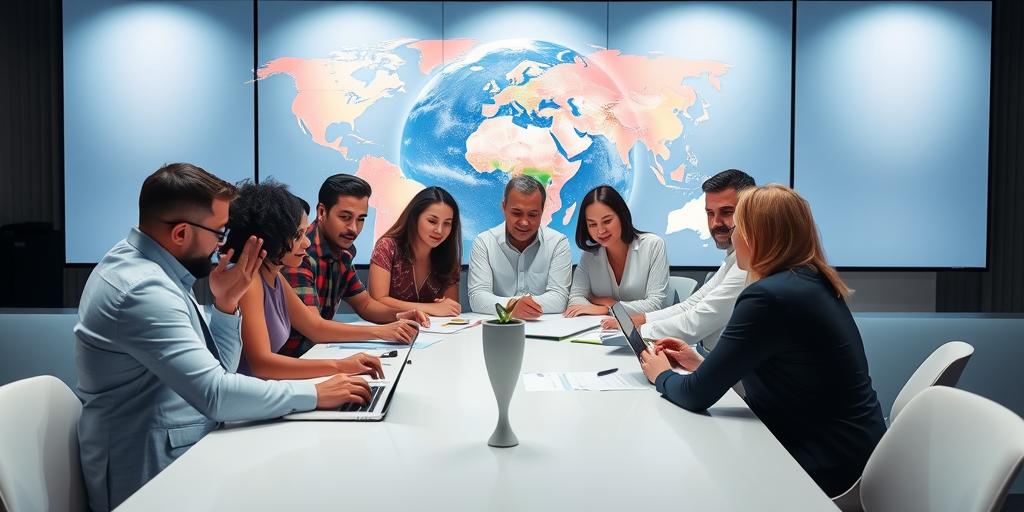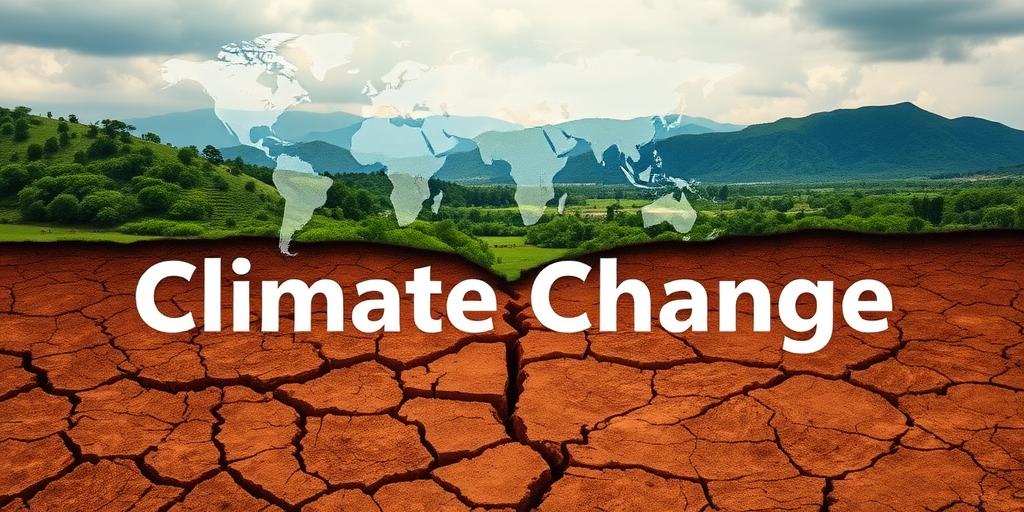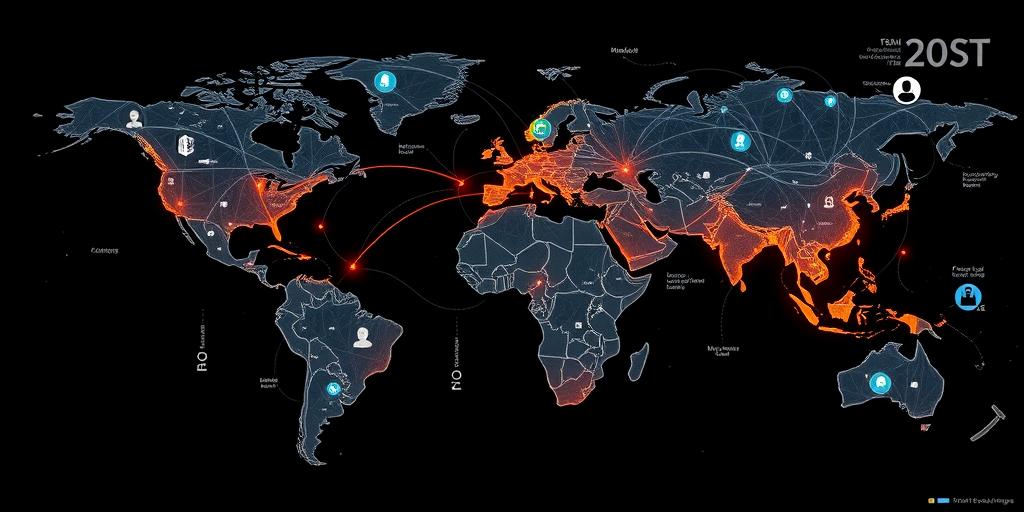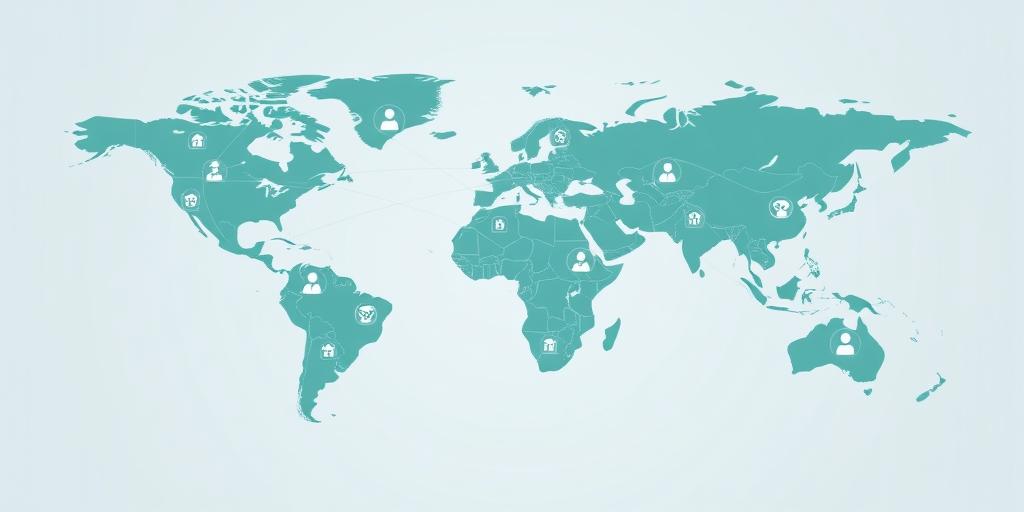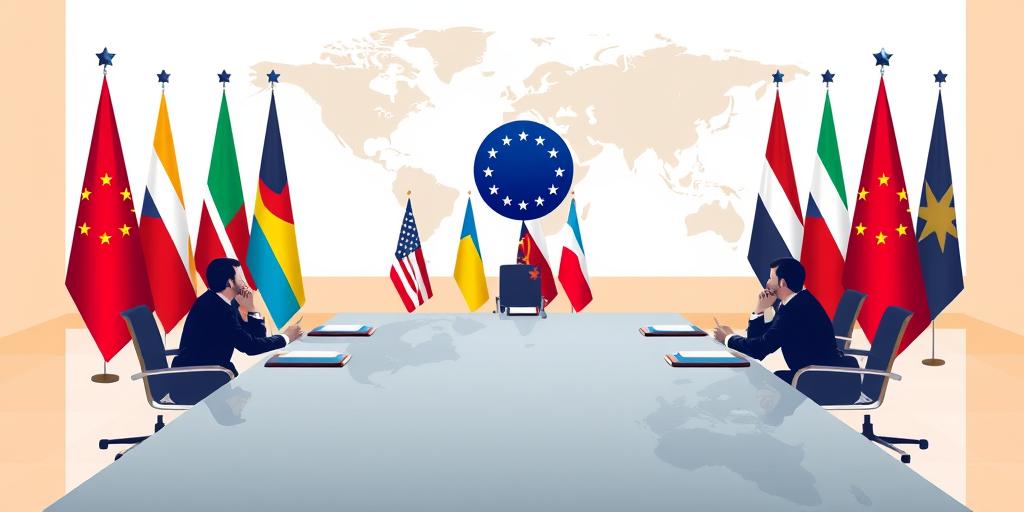The Role of Diplomacy in Resolving Global Conflicts
Explore the crucial role of diplomacy in preventing, managing, and resolving global conflicts. Learn about preventive diplomacy, conflict management, and peace negotiations.
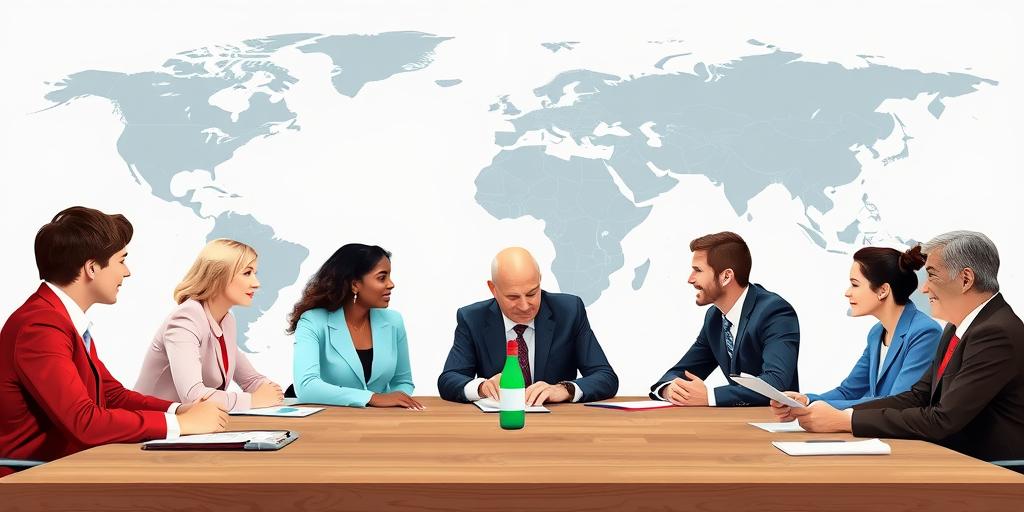
The Role of Diplomacy in Resolving Global Conflicts
The Role of Diplomacy in Resolving Global Conflicts
In an increasingly interconnected world, global conflicts pose significant threats to international peace and stability. While military intervention and economic sanctions are often considered, diplomacy remains a crucial tool for resolving these conflicts peacefully. This post will explore the multifaceted role of diplomacy in preventing, managing, and resolving global conflicts.
What is Diplomacy?
Diplomacy is the art and practice of conducting negotiations between representatives of states or groups. It involves communication, negotiation, and problem-solving to reach mutually acceptable agreements. Effective diplomacy requires understanding different perspectives, building trust, and finding common ground.
Preventing Conflicts Through Diplomacy
One of the most vital roles of diplomacy is preventing conflicts before they escalate. This can be achieved through:
- Early Warning Systems: Diplomatic missions and intelligence agencies monitor potential conflict zones and provide early warnings to their governments.
- Preventive Diplomacy: Diplomats engage with parties in potential conflicts to address grievances, mediate disputes, and promote dialogue.
- Confidence-Building Measures: These measures, such as joint military exercises and information sharing, can reduce tensions and build trust between states.
Managing Conflicts Through Diplomacy
When conflicts erupt, diplomacy plays a critical role in managing them and preventing further escalation. This includes:
- Ceasefire Negotiations: Diplomats work to negotiate ceasefires and truces to halt hostilities and create space for further negotiations.
- Mediation and Facilitation: Third-party mediators, often countries or international organizations, can help parties in conflict find common ground and reach agreements.
- Peacekeeping Operations: Diplomatic efforts often pave the way for peacekeeping operations, where international forces monitor ceasefires and provide security.
Resolving Conflicts Through Diplomacy
Diplomacy is essential for achieving lasting resolutions to global conflicts. This involves:
- Negotiating Peace Agreements: Diplomats facilitate negotiations between conflicting parties to reach comprehensive peace agreements that address the root causes of the conflict.
- Transitional Justice Mechanisms: These mechanisms, such as truth and reconciliation commissions, help societies deal with past abuses and promote healing and reconciliation.
- Post-Conflict Reconstruction: Diplomatic efforts often involve mobilizing international support for post-conflict reconstruction and development.
Challenges to Diplomacy
Despite its importance, diplomacy faces several challenges:
- Lack of Trust: Deep-seated mistrust between conflicting parties can make negotiations difficult.
- Power Imbalances: Unequal power dynamics can undermine the fairness and effectiveness of negotiations.
- External Interference: External actors can interfere in conflicts, complicating diplomatic efforts.
- Domestic Constraints: Domestic political considerations can limit the flexibility of diplomats.
Conclusion
Diplomacy is an indispensable tool for resolving global conflicts peacefully. By preventing conflicts, managing crises, and facilitating lasting resolutions, diplomacy contributes to a more stable and secure world. While it faces numerous challenges, the importance of diplomacy in international relations cannot be overstated. Continuous efforts to strengthen diplomatic institutions, train skilled diplomats, and promote dialogue are essential for addressing the complex challenges of global conflict resolution.

